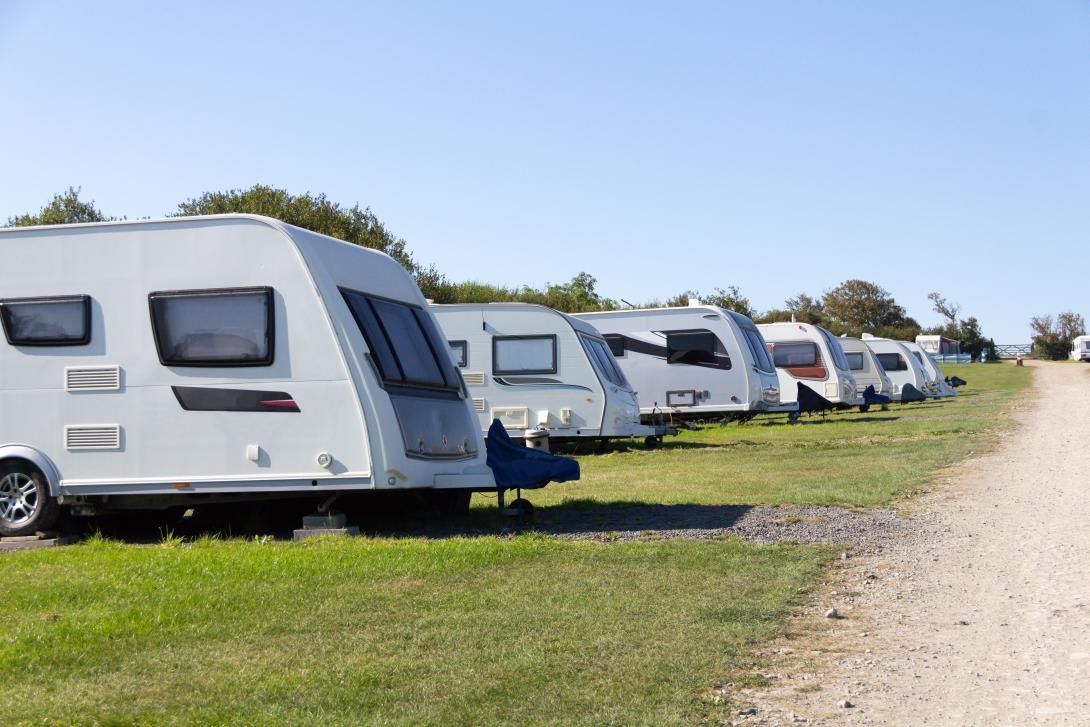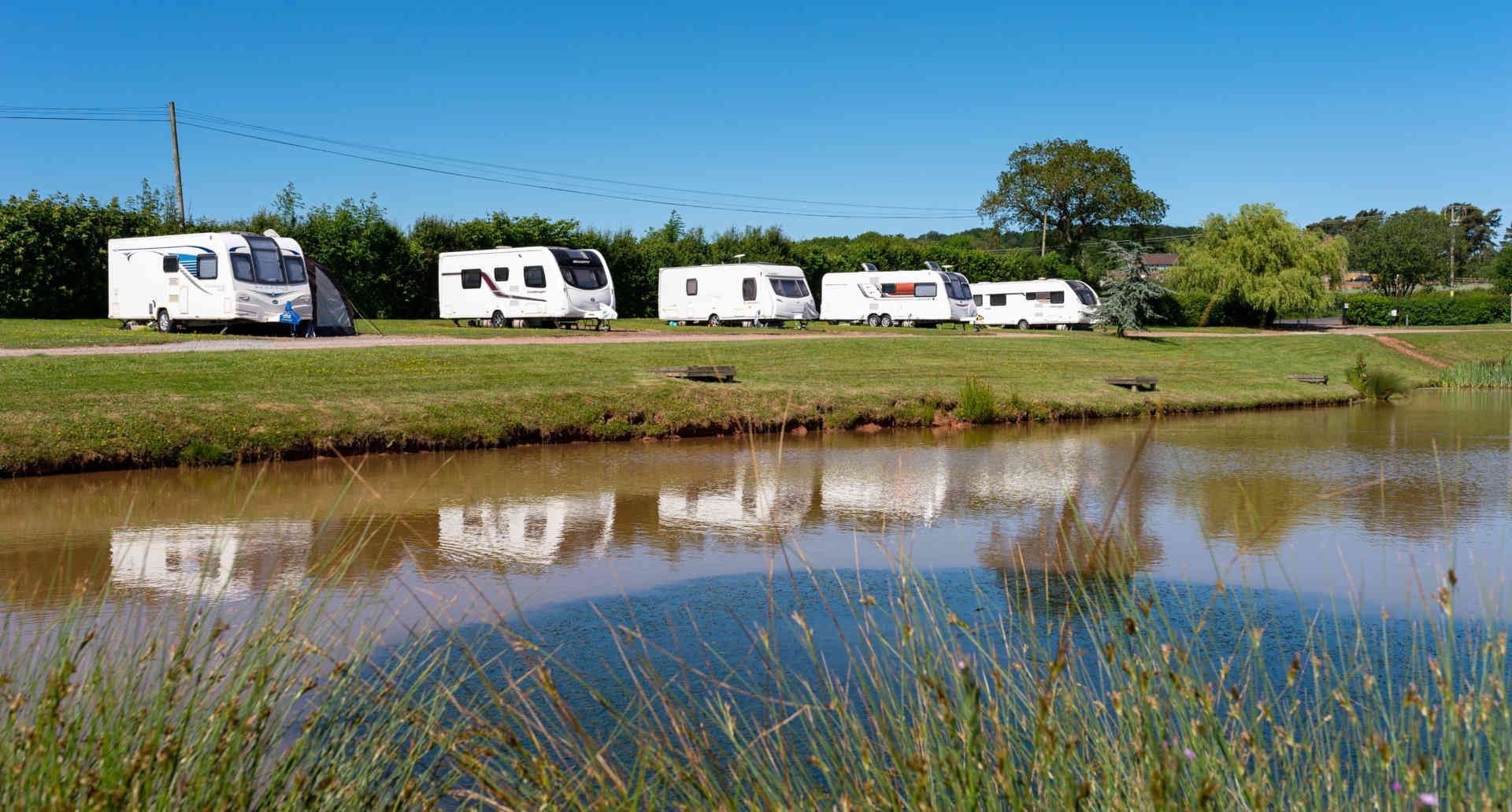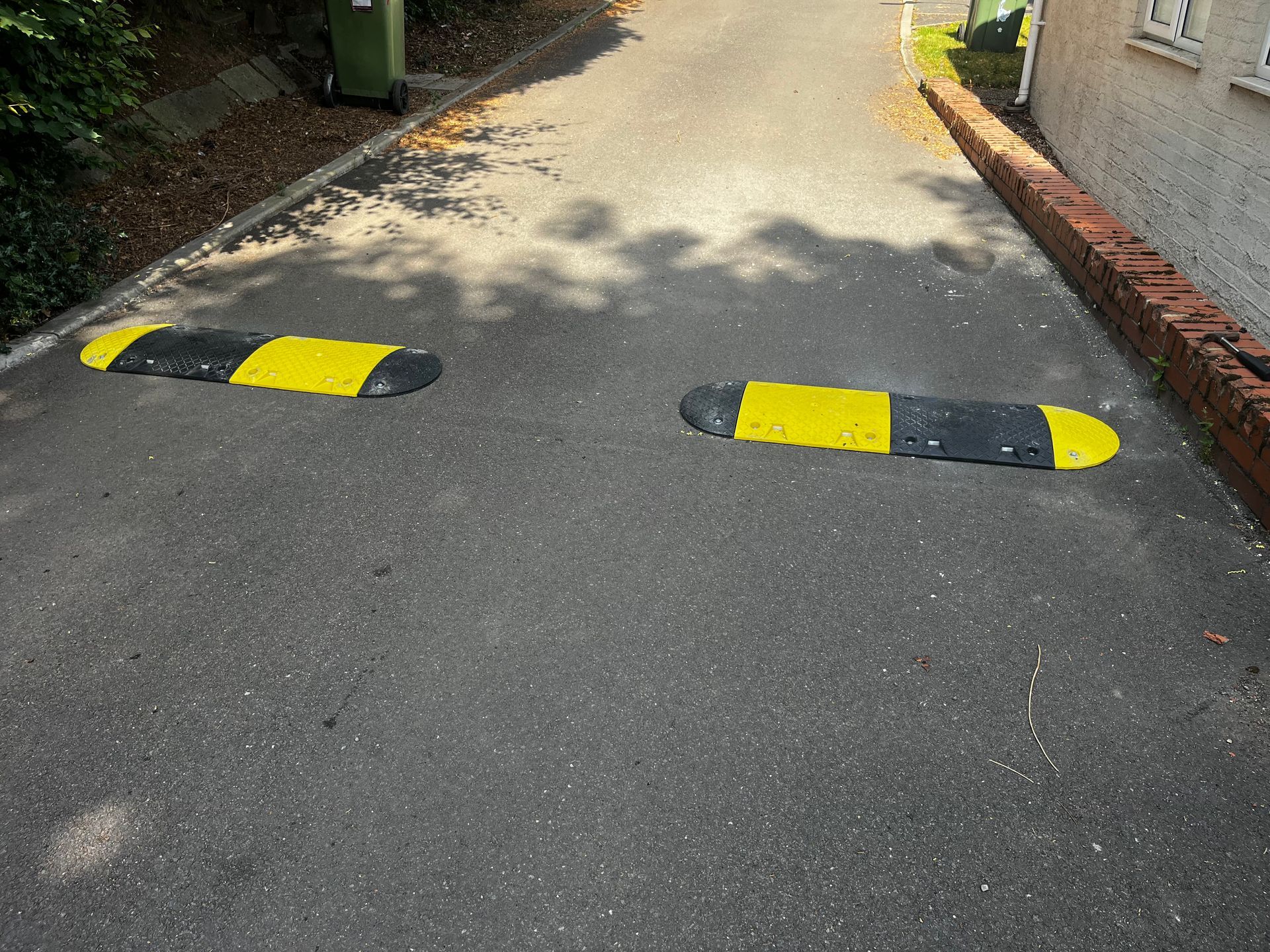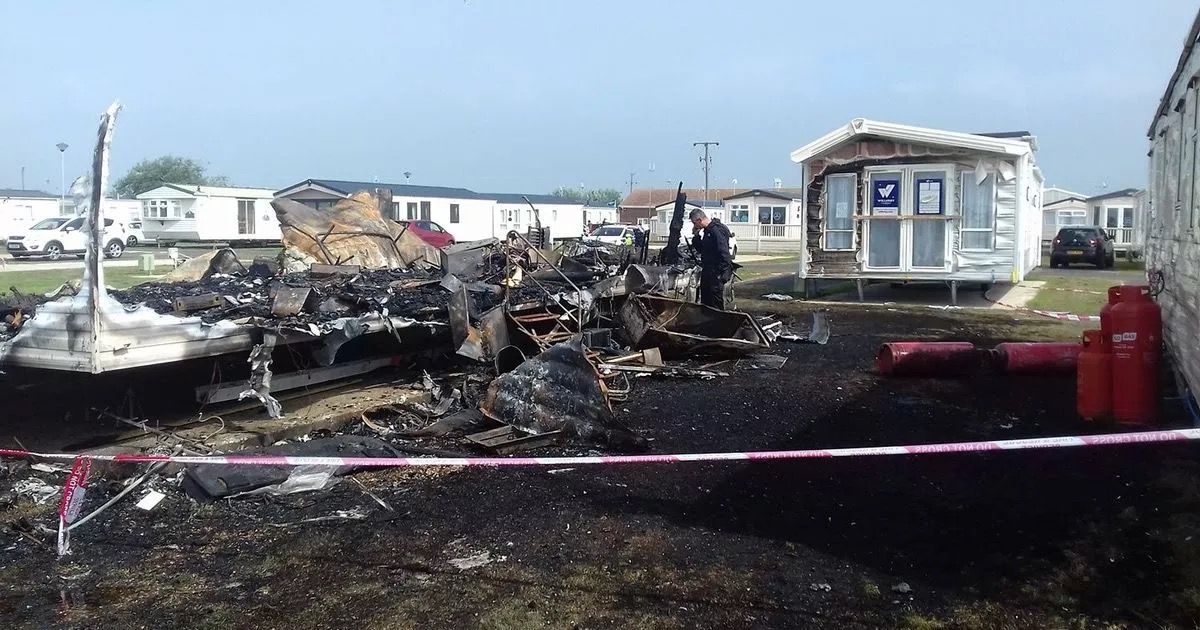Fire Risk Assessment

Why Fire Risk Assessments Are Essential for Holiday Parks
Holiday parks are unique environments. They cater to transient populations, with guests staying for short periods and often unfamiliar with the park’s layout. This makes fire safety even more critical. Whether it's ensuring proper fire escapes, maintaining fire equipment, or ensuring that the park complies with legal obligations, an expert fire risk assessment will help prevent potential disasters and reduce the likelihood of fire-related incidents.
A comprehensive fire risk assessment will:
Identify Fire Hazards: Determine areas in your park that could present fire risks, such as cooking equipment in mobile homes, flammable materials in communal areas, or the proximity of trees to lodges. We will also assess potential sources of fire, such as electrical wiring, heating systems, and cooking appliances.
Evaluate Fire Safety Measures: Assess the effectiveness of your current fire prevention measures, including smoke alarms, fire extinguishers, sprinkler systems, and emergency lighting. Ensuring that your park is equipped with the right tools for fire safety is essential in minimizing the risk and ensuring compliance with fire safety laws.
Identify Vulnerable Areas and High-Risk Zones: Some areas of your park may be more vulnerable to fire risks, such as storage sheds with propane tanks, communal kitchens, or high-density areas with close quarters. Identifying these areas allows us to make more targeted recommendations.
Comprehensive Assessment Areas
Our fire risk assessments for holiday parks cover several critical areas to ensure safety compliance and mitigate risks:
1. Site Layout and Planning
The layout of your holiday park is key in fire prevention and safety. We evaluate the overall site plan, including:
- Access roads for emergency vehicles and clear evacuation routes.
- Distance between mobile homes, lodges, and communal buildings to minimize the spread of fire.
- Parking areas and the placement of fire equipment relative to these zones.
2. Fire Detection and Alarm Systems
Early warning systems are vital in saving lives. During our assessment, we evaluate:
- Smoke alarms in guest accommodations, common areas, and shared facilities like laundries and kitchens.
- Fire detection systems that are hardwired and connected to local authorities or park management for prompt action.
- The placement and functionality of alarms, ensuring that they cover all high-risk areas and meet regulatory requirements.
3. Firefighting Equipment
We evaluate the fire extinguishers and fire blankets in the park, including:
- The type, location, and accessibility of extinguishers for different areas (e.g., kitchen, public spaces, near fuel storage).
- Whether they are the appropriate type for various fires (i.e., A, B, C classes, or powder-based systems).
- The maintenance schedules, ensuring that equipment is in working order and complies with safety standards.
4. Emergency Lighting and Signage
In the event of a fire, it’s essential that people can evacuate safely. Our team evaluates:
Emergency exit lighting in all buildings and pathways.
Signage, including illuminated exit signs, evacuation plans, and fire exit doors, ensuring they are clearly visible and well-maintained.
5. Fire Escape Routes and Evacuation Procedures
Evacuation is a critical aspect of fire safety. Our expert team:
Assesses fire escape routes to ensure they are clear of obstructions, well-marked, and easily accessible for guests and staff.
Reviews your emergency evacuation plan to ensure it is up to date and includes specific instructions for guests with mobility issues, children, or pets.
Conducts evacuation drills to test the effectiveness of the plan and ensure that your staff is familiar with emergency procedures.
6. Gas Safety and Electrical Installations
Many holiday parks use gas for cooking, heating, and hot water. Our assessment includes:
- Gas safety checks to ensure appliances are installed correctly and are in safe working order. We also evaluate whether gas shut-off valves are accessible.
- Electrical installations are checked for compliance with regulations, ensuring wiring and electrical systems are safe and that the risk of fire from faulty wiring is minimized.
- Risk Mitigation and Fire Prevention
After identifying the risks, we provide actionable recommendations on how to mitigate fire risks. These could include:
- Improving fire barriers between mobile homes or lodges to prevent the spread of fire.
- Recommending additional fire equipment, such as fire sprinkler systems in high-risk areas.
- Providing fire safety awareness training for both park management and guests.
We will work with you to help you prioritize which risks need to be addressed immediately and which can be addressed over time. Our goal is to create a safer environment while ensuring that your holiday park remains compliant with all fire safety regulations.
Why Choose Enox Risk Solutions?
Specialized Knowledge of Holiday Parks: Unlike general fire safety consultants, we specialize in holiday parks, understanding the nuances of guest accommodations and temporary structures.
Certified and Experienced Assessors: Our team consists of experienced, certified fire safety professionals with a deep understanding of fire risk and safety protocols for holiday parks.
Personalized Service: Every park is different, and we pride ourselves on providing custom assessments tailored to your specific needs. Whether you have static caravans, lodges, or glamping pods, we can help you assess and manage risks effectively.
Ensure the Safety of Your Holiday Park Today
Fire safety is not just a regulatory requirement—it’s essential for the wellbeing of your guests and staff. With a comprehensive fire risk assessment from Enox Risk Solutions, you can rest assured that your park is safe, secure, and compliant.
testimonial
“It brings me comfort knowing that my business is as safe as can be with the measures put in place.”
Foxes Caravan Park


Details
FAQs
Is a fire risk assessment a legal requirement?
Yes. Under the Regulatory Reform (Fire Safety) Order 2005, a fire risk assessment is a legal requirement for all non-domestic premises and shared residential areas.
How often should a fire risk assessment be done?
At least once a year, or sooner if there are significant changes to the layout, occupancy, or fire safety systems.
Do mobile home and caravan parks need a fire risk assessment?
Yes. Park owners are responsible for assessing fire risks across communal areas, utility blocks, access roads, and ensuring appropriate fire-fighting equipment and escape planning.
What’s included in a fire risk assessment?
We assess ignition sources, escape routes, extinguisher placement, alarm systems, signage, and the needs of vulnerable occupants. A written report with recommendations is provided.
What about individual park homes or caravans?
Individual units are usually considered private dwellings, but park operators must ensure communal risks are managed, and residents are informed of evacuation procedures.
What happens if I don’t have one?
Failure to carry out a fire risk assessment can result in enforcement action, fines, or prosecution — particularly if an incident occurs and no record is in place.



